Max Littman, LCSW
July 25, 2025
In recent years, IFS therapy has experienced a surge in popularity—and rightfully so. It offers a compassionate, nuanced, and deeply respectful framework for healing trauma, fostering integration, and restoring trust within the inner world. As interest in the model has grown, so too has a parallel trend: individuals seeking out—and even posting ads specifically requesting—only Level 2+ trained or IFS-certified therapists and practitioners.
At first glance, this makes intuitive sense. We want to trust that the people we turn to for support are well-trained and capable. But as someone who has been immersed in IFS for many years—Level 1 trained, IFSCA Stepping Stones trained, Somatic IFS trained, a practice assistant for level 1 and Somatic IFS training, and a frequent attendee of a wide range of trainings, retreats, and workshops, both within and outside the IFS Institute (IFSI)—I’m seeing some concerning dynamics emerge around this fixation on credentials. And I believe it’s time to name them publicly.
The Assumption: Higher-Level = Higher Quality
While well-intentioned, the assumption that a Level 2 or certified practitioner is inherently more skilled, embodied, ethical, and safe is not always accurate. The reality is that a training badge—while meaningful—is not a reliable proxy for attunement, humility, presence, experience, or the ability to hold complexity. I’ve witnessed deeply transformative, respectful, and skillful IFS work from Level 1 practitioners (and even from those who haven’t completed Level 1), just as I’ve seen mechanical, overly protocolized, chronically misattuned, and disembodied work from those who hold advanced credentials.
Credentials can say a lot about access and privilege—who had the time, money, and flexibility to complete a series of high-cost, retreat-based trainings—but they don’t necessarily tell us who is deeply Self-led, trauma-informed, well-practiced, and attuned to systemic and cultural complexity. In fact, some of the most profound work I’ve seen has come from therapists and practitioners who learned IFS through alternative pathways: mentorship, self-study, workshops outside the IFSI umbrella, and experiential peer-led spaces that emphasized presence over protocol.
The Unintended Harm of Credential Fetishism
When seekers post ads asking only for Level 2 or certified IFS practitioners, they may unintentionally:
- Perpetuate elitism and gatekeeping within the IFS community, reinforcing classism and limiting access to healing for both practitioners and clients from marginalized backgrounds.
- Overlook gifted, well-practiced clinicians who didn’t follow the traditional path but have cultivated extraordinary depth, skill, attunement, and integrity in their IFS work.
- Reinforce a narrow view of legitimacy, implying that training level equals safety or efficacy, when in reality many harms in therapy occur not due to lack of training but lack of embodiment, humility, hours of hands on practice, and repair capacity.
- Invalidate other pathways to mastery, especially experiential, community-rooted, and somatic-based learning that doesn’t show up on a certificate but lives in the therapist’s presence and pacing.
A Different Metric: Depth Over Designation
Instead of scanning for training levels, what if we asked deeper questions?
- Is this therapist attuned to power dynamics, cultural context, and systemic influences on our parts?
- Do they model Self energy—not just speak about it?
- Are they open to feedback and repair?
- Can they slow down enough to truly follow the client’s pace—even when it challenges their own agenda or protector strategies?
- Do they hold reverence for the sacredness of internal systems, or are they rushing to technique and unburdening protocols?
- How much time has been spent befriending their own system and practicing with peers or clients?
These are the questions that matter. These are the qualities that lead to safety and foster healing—not necessarily whether someone has a Level 2+ designation.
What We Risk Losing
When we prioritize credentials over presence, we risk losing the richness and diversity of healers who’ve come to this work through lived experience, deep inner practice, and a kind of learning that no certificate can validate. We may also perpetuate a culture of conformity within the IFS community—where practitioners feel pressure to accumulate trainings to “prove” their worth, rather than deepen their capacity to sit with the unknown, build trusting relationships with protectors, and allow the work to unfold organically.
There’s a reason why the most powerful IFS sessions often happen when the therapist is not doing much—just deeply witnessing, sensing, and trusting. And you can’t train your way into that. You practice your way into it. With humility. Over time.
A Call for Nuance
None of this is to say that Level 2 or certified IFS practitioners aren’t valuable. Many are extraordinary. But we need to stop using credentials as shorthand for “safe” or “qualified.” Doing so reinforces systems of exclusion and undercuts the deeper values that IFS invites: inner trust, unblending, compassionate curiosity, and a return to Self.
Let’s not confuse the map with the terrain. And let’s not confuse the certificate with the capacity.
Because healing isn’t about the letters behind someone’s name—it’s about the presence, diversity, and humanity we bring into the room.
For feedback and comments, I can be reached at max@maxlittman.com.
I provide private practice mentorship, consultation, and therapist/practitioner part intensives.
